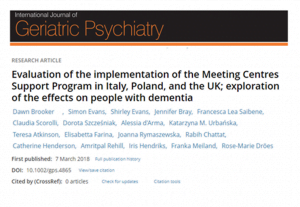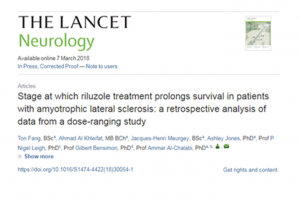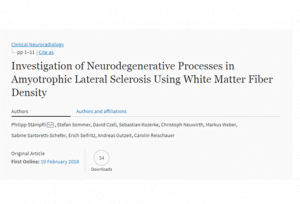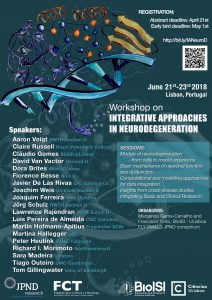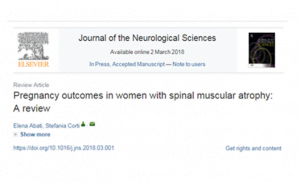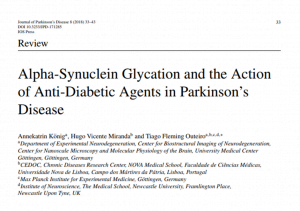For couples with decades of shared memories, a partner’s decline in the ability to communicate is one of the most frightening and frustrating consequences of Alzheimer’s disease and related dementias. Impaired communication leads to misunderstandings, conflict, and isolation.
A new study published in the International Journal of Geriatric Psychiatry demonstrates how creative ways of working with these couples change their communication behaviors in just 10 weeks.
CARE (Caring About Relationships and Emotions) was designed to increase facilitative communication in the caregiver and sociable communication in the care receiver. The relationship-focused intervention also was designed to reduce disabling behavior (such as criticizing or quizzing their partner’s memory) in caregivers and unsociable behavior (such as not making eye contact) in care receivers.
A key finding from the study showed that care receivers actually improved more than the caregivers following the intervention. Care receivers, who had moderate dementia, demonstrated statistically significant improvements in their social communication both verbally and non-verbally. They were more interested and engaged, maintained eye contact, responded to questions, stayed on topic, and even joked with and teased their partners.
Caregivers’ communication also showed a statistically significant improvement in their facilitative communication and a statistically significant decrease in their disabling communication.
Paper: “Preliminary study of a communication intervention for family caregivers and spouses with dementia”
Reprinted from materials provided by Florida Atlantic University.

